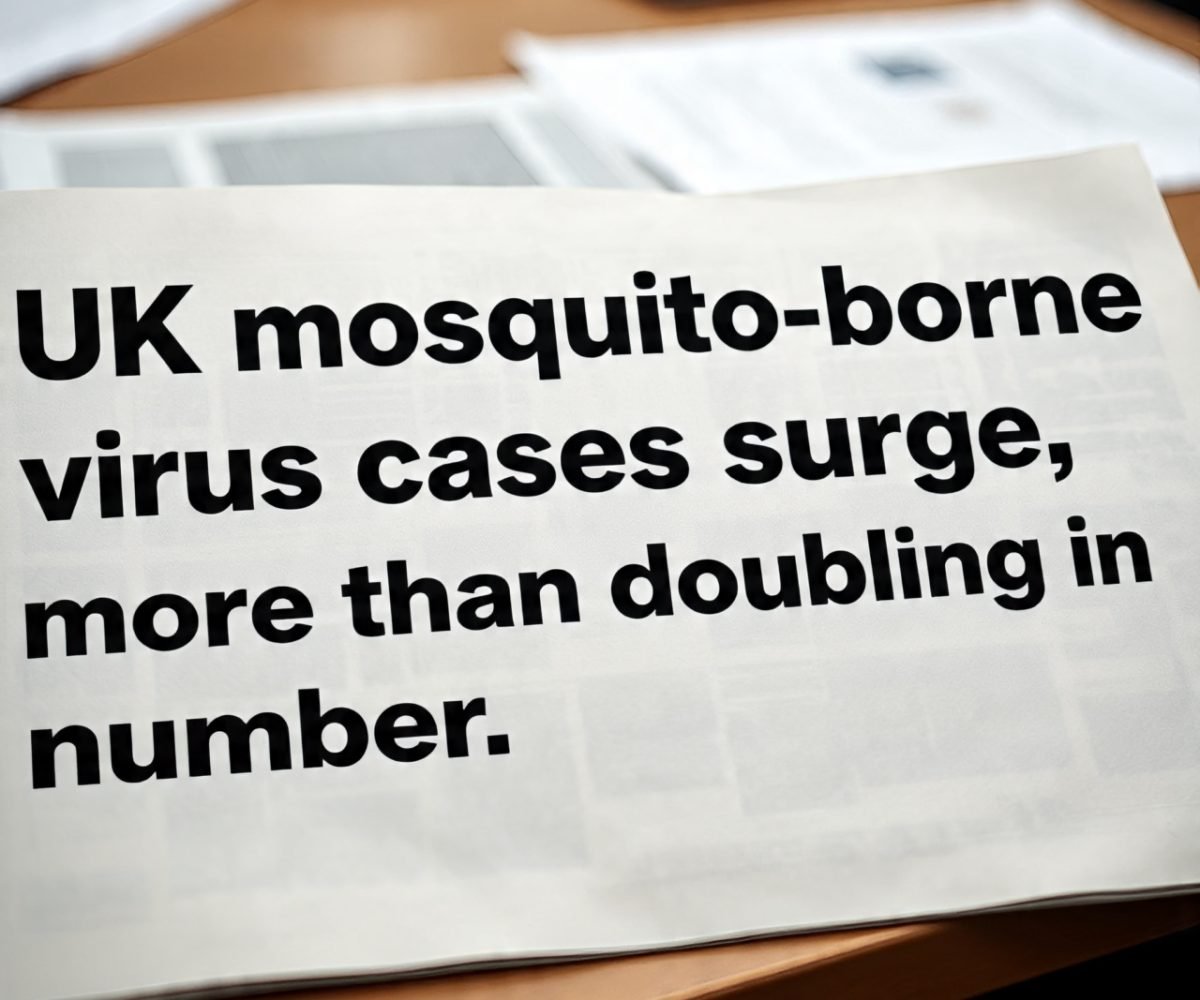UK mosquito-borne virus cases surge, more than doubling in number.

UK Sees Sharp Rise in Mosquito-Borne Chikungunya Virus Cases Linked to Travel
Health authorities in the UK have reported a notable rise in cases of chikungunya virus, a mosquito-borne illness usually found in Africa and southern Asia, but now increasingly affecting British travellers returning from abroad. The UK Health Security Agency (UKHSA) has confirmed over 70 cases in the first half of 2025, more than double the number recorded during the same period last year.
While all reported cases have been associated with international travel, primarily to India, Sri Lanka, and Mauritius, the spike is prompting fresh warnings for those planning visits to regions experiencing outbreaks.
What is Chikungunya?
Chikungunya is a viral infection transmitted by infected Aedes mosquitoes, particularly Aedes aegypti and Aedes albopictus. These species are not found in the UK, which means there is currently no risk of local transmission within the country.
The illness typically presents with sudden onset of fever, joint pain, muscle aches, fatigue, and rash. While most people recover within two weeks, some may experience long-lasting joint pain that can persist for months or even years. In rare instances, especially among vulnerable populations such as the elderly or those with underlying health conditions, the infection can be fatal.
Dramatic Increase in Travel-Linked Cases
Between January and June 2025, the UK recorded 73 confirmed cases of chikungunya, compared to just 27 during the same timeframe in 2024. The increase coincides with ongoing outbreaks in the Indian Ocean region, particularly in India, Sri Lanka, and Mauritius, which are popular travel destinations for UK holidaymakers.
According to Dr Philip Veal, Consultant in Public Health at UKHSA, the sharp rise in cases should serve as a serious reminder for travellers to take mosquito-bite prevention seriously.
“Chikungunya can be a nasty disease, and we’re seeing a worrying increase in cases among travellers returning to the UK,” said Dr Veal. “It’s essential that people protect themselves when visiting affected areas. Using insect repellent, wearing long clothing, and sleeping under insecticide-treated nets are simple but effective precautions.”
No Risk of Local Spread in the UK
Though the rise in travel-related cases may cause concern, experts stress that the risk of onward transmission within the UK remains negligible. The Aedes mosquitoes responsible for spreading the virus are not present in the UK, and the climate does not currently support their survival or reproduction.
However, with global travel increasing and outbreaks on the rise in several tropical and subtropical regions, awareness and prevention remain crucial.
Precautionary Measures for Travellers
Health officials are urging travellers to check travel health advice before visiting high-risk regions. The Travel Health Pro website, managed by the UK government, provides up-to-date health alerts and guidance tailored to specific destinations.
In addition to mosquito-bite prevention, travellers to high-risk areas may wish to consult their healthcare providers about the potential use of a chikungunya vaccine, which is under consideration for individuals travelling to regions with ongoing outbreaks.
While the number of UK cases remains relatively low, the rate of increase is causing concern, particularly as international travel continues to rebound in the post-pandemic era.
Public Health Message
The UKHSA emphasizes the importance of personal responsibility in disease prevention. Dr Veal concluded:
“Before you travel, take time to understand the health risks in your destination. Simple actions can prevent unpleasant illnesses like chikungunya. If you return home feeling unwell, especially with fever and joint pain, seek medical attention and inform your doctor about your recent travel.”
As summer travel peaks, this surge in chikungunya cases serves as a timely reminder that mosquito-borne diseases remain a real threat—even for travellers from regions where the disease is not native.
For further querries contact us
